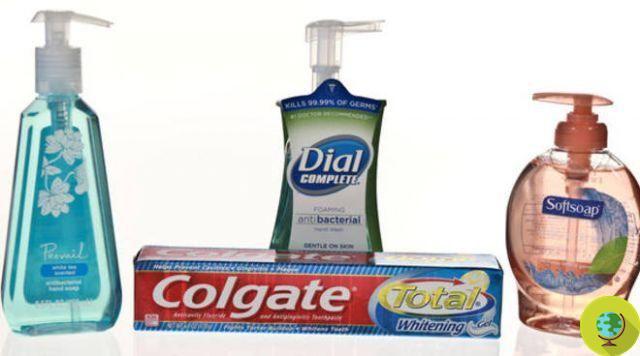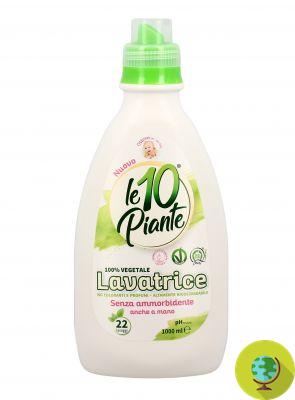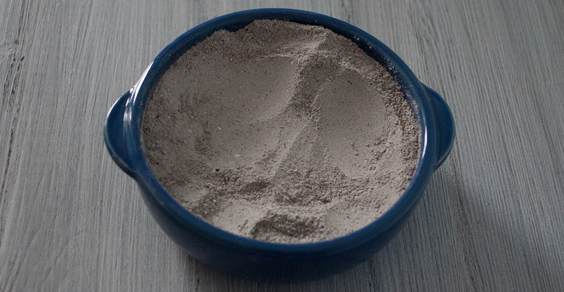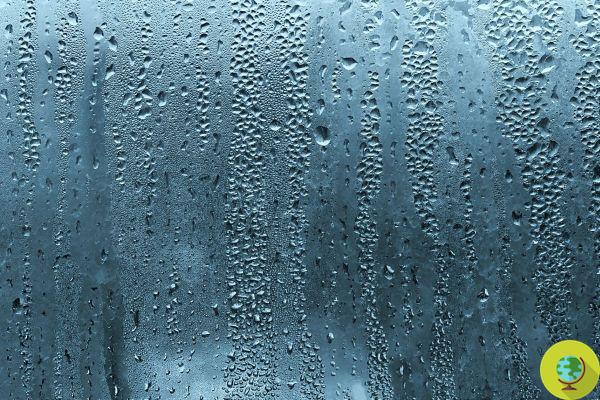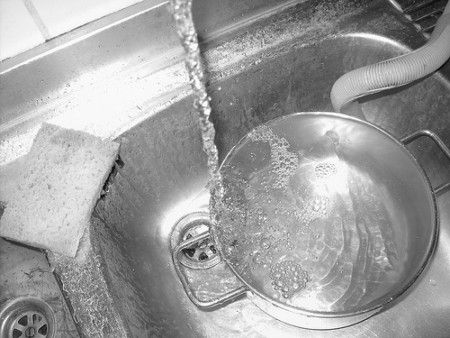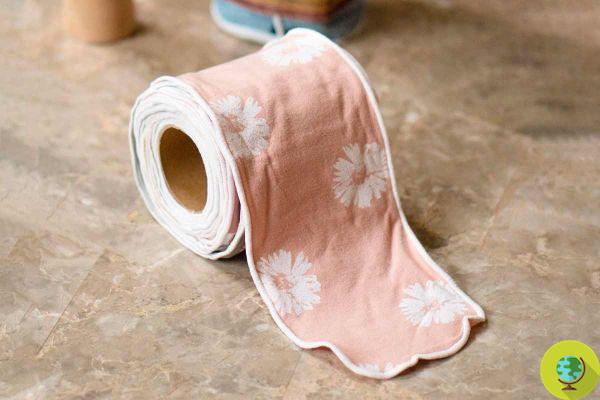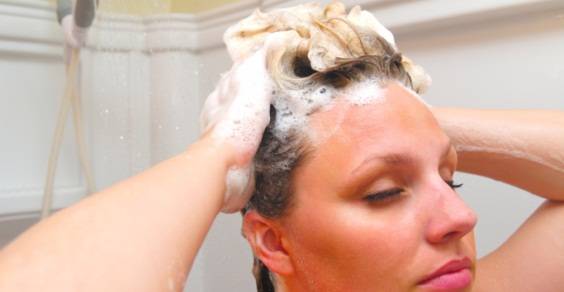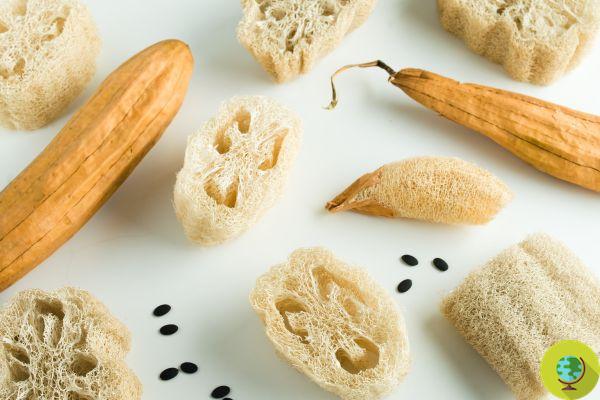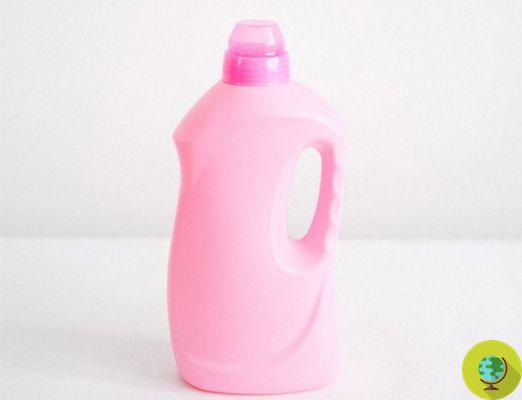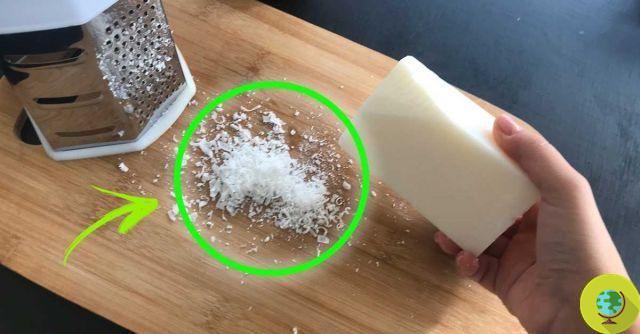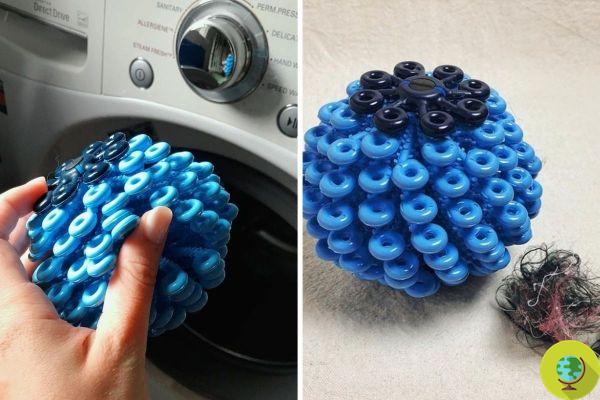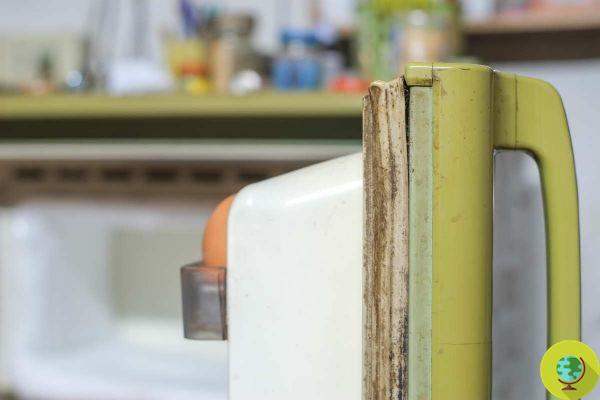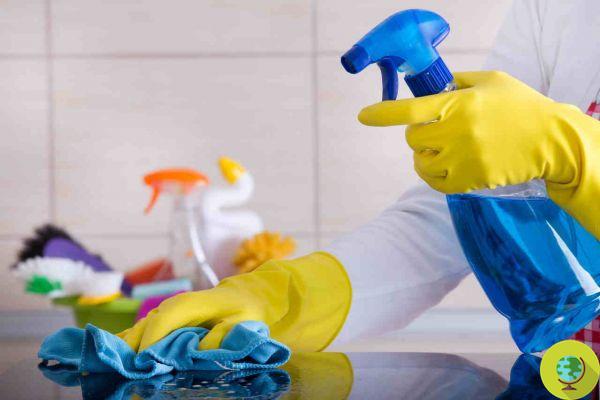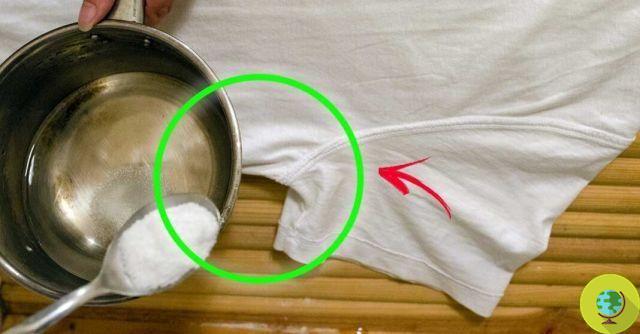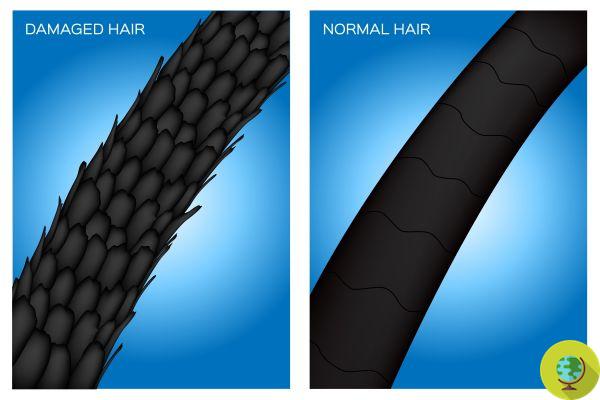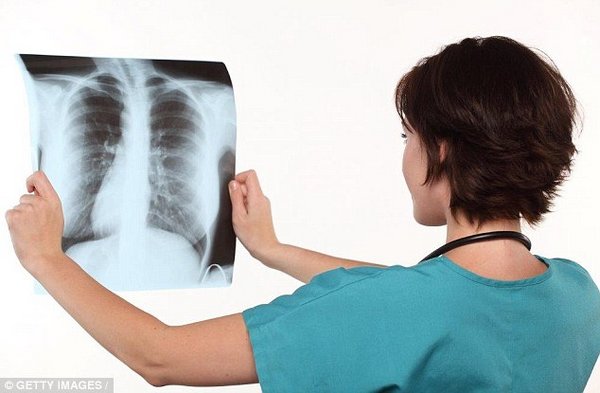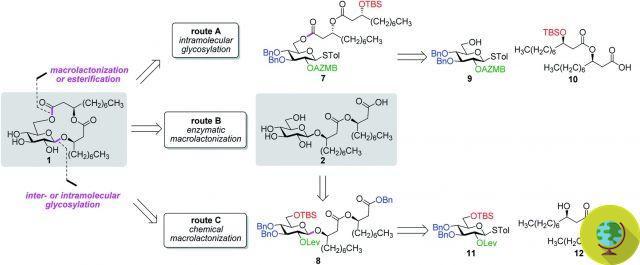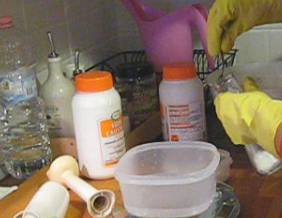Do antibacterial soaps protect us from infections? It seems so not. Indeed, they would increase the risk. This is what emerged from a study conducted by researchers at the University of Michigan. The research results were published in the scientific journal of the American Society For Microbiology.
He is about to end up run over, his mother saves him
I antibacterial soaps they really defend us from infections? It seems so not. Indeed, they would increase the risk. This is what emerged from one study conducted by researchers from the University of Michigan. The research results were published in the scientific journal ofAmerican Society For Microbiology.
The attention of the experts was focused on the action of the triclosan, a substance found in many antibacterial soaps. According to the results obtained by the experts, triclosan would help to promote the nasal colonization by the Staphylococcus aureus. As experts point out, triclosan is present in various personal hygiene products, such as detergents and toothpastes, but also in medically used disinfectants.
Traces of triclosan, as a contaminant, have been found in the environment and in some human fluids, such asurine and breast milk. Staphylococcus aureus is a pathogen that colonizes the nose and throat of approximately 30% of the population. It is a risk factor linked to many types of infections.
Researchers have shown that triclosan is commonly found in nasal secretions di healthy adult subjects and that this substance acts by promoting nasal colonization by the bacterium. They also point out that triclosan has been used in hygiene products for over 40 years and that its health effects human they have not yet been explored sufficiently. The study could be part of research aimed at demonstrating the desired effects of prolonged and uncontrolled use of triclosan on health and the environment.
To detect the presence of triclosan in hygiene products it is sufficient read the INCI and check the labels carefully. Above all, there is concern that triclosan may contribute to the development of resistance of bacteria to antibiotics, to weaken muscle functions and aggravate allergies.
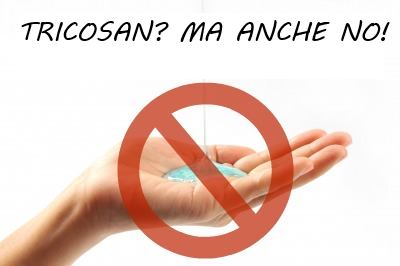
For this reason the United States may soon ban triclosan. This substance is found at the moment under observation in Europe. Triclosan has already been recognized as a pesticide and pollutant, but its use is still permitted in cosmetics and detergents, as long as it is kept below specific limits.
The alternative to antibacterial soaps with triclosan? THE homemade hand sanitizers.
Marta Albè
Read also:
Triclosan in detergents and cosmetics soon banned in the US?
Antibacterial soaps: according to the FDA they could increase the resistance
Tips for choosing healthy and natural soap




